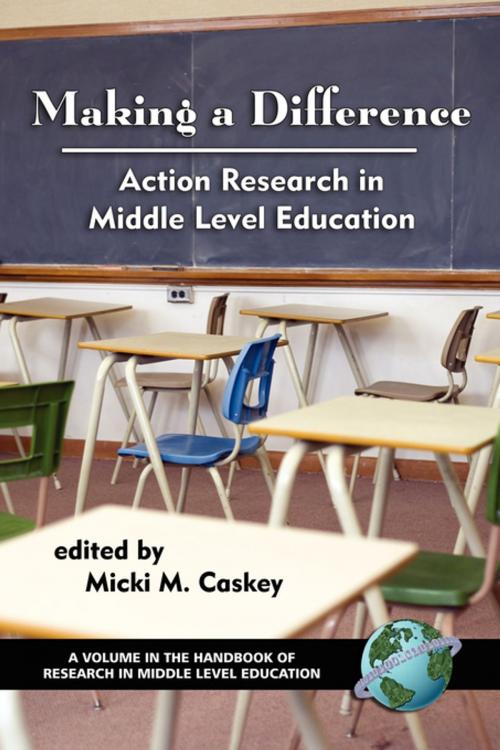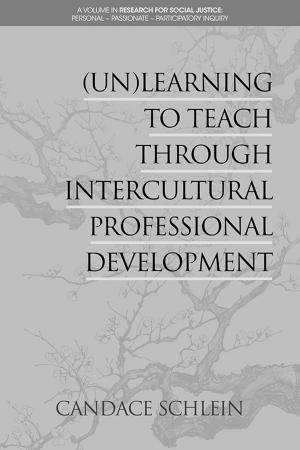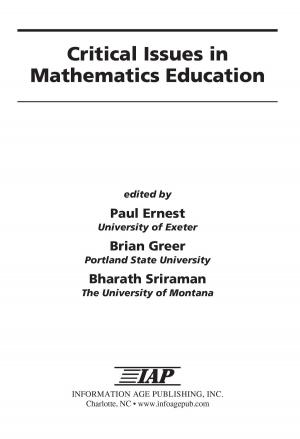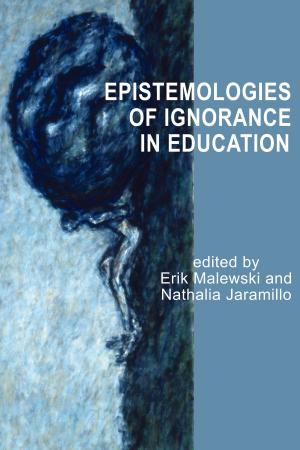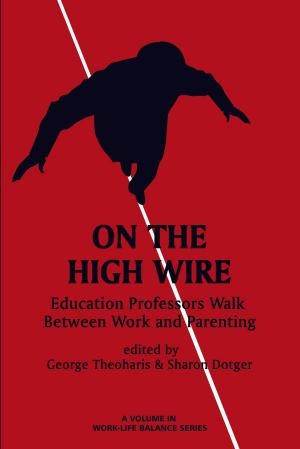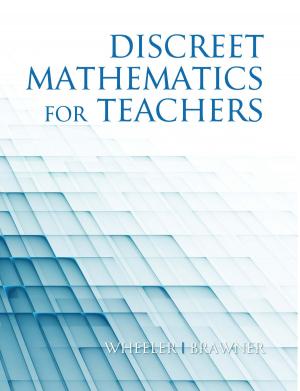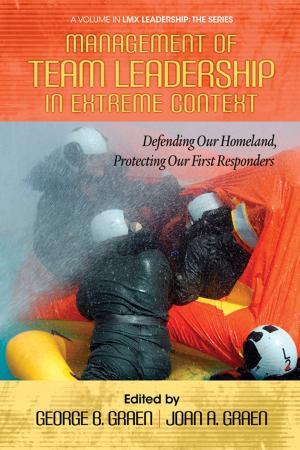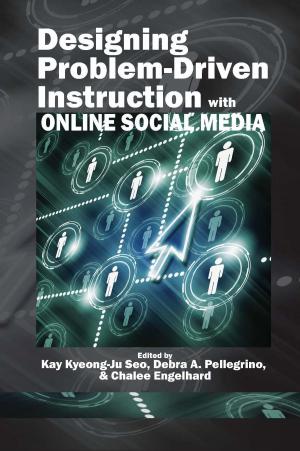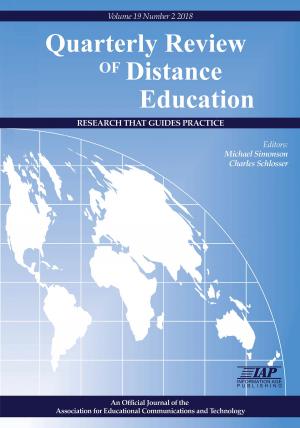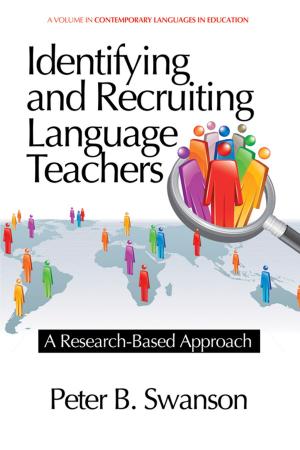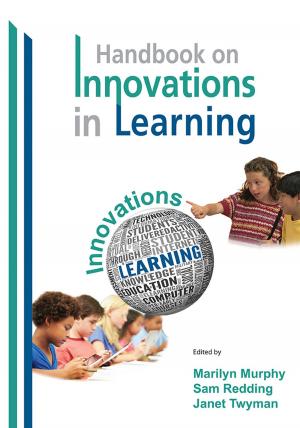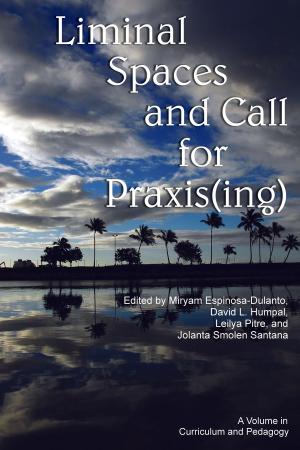Making a Difference
Action Research in Middle Level Education
Nonfiction, Reference & Language, Education & Teaching, Secondary Education| Author: | ISBN: | 9781607524786 | |
| Publisher: | Information Age Publishing | Publication: | July 1, 2006 |
| Imprint: | Information Age Publishing | Language: | English |
| Author: | |
| ISBN: | 9781607524786 |
| Publisher: | Information Age Publishing |
| Publication: | July 1, 2006 |
| Imprint: | Information Age Publishing |
| Language: | English |
Volume V of The Handbook of Research in Middle Level Education highlights action research in middle grades education. As a method of inquiry, action research compels educators to take action and think reflectively about those actions in order to effect positive educational change (Mills, 2000). Teachers, administrators, university professors, and other professionals conduct action research in different ways to examine classroom practices and school issues. Educational action researchers initiate their inquiries in various contexts: alone, in small peer teams, or larger faculty groups (Zeichner, 2001). Using individual and collaborative approaches, educators gain insights into teaching and learning processes. As evidenced throughout this volume, action research in the middle grades occurs in a variety configurations. This volume examines the dynamic ways that preservice and inservice teachers, school administrators, university faculty, and educational consortia use action research.
Volume V of The Handbook of Research in Middle Level Education highlights action research in middle grades education. As a method of inquiry, action research compels educators to take action and think reflectively about those actions in order to effect positive educational change (Mills, 2000). Teachers, administrators, university professors, and other professionals conduct action research in different ways to examine classroom practices and school issues. Educational action researchers initiate their inquiries in various contexts: alone, in small peer teams, or larger faculty groups (Zeichner, 2001). Using individual and collaborative approaches, educators gain insights into teaching and learning processes. As evidenced throughout this volume, action research in the middle grades occurs in a variety configurations. This volume examines the dynamic ways that preservice and inservice teachers, school administrators, university faculty, and educational consortia use action research.
